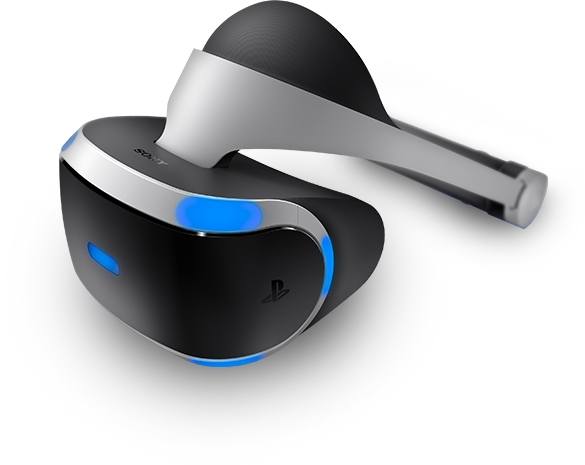When technology giant Facebook acquired Virtual Reality pioneer Oculus back in 2014, many wondered when their fabled VR headset, known as the Oculus Rift, would hit the market.
Well, it finally happened.
The Oculus Rift went on sale on January 6, with early adopters flooding Oculus’ pre-order website shortly after it went live. Because the truth is that stock ran out in a shocking 15 minutes, proving that there are plenty of people eager to dip their toes in the exciting waters of Virtual Reality.
As stated earlier, these people are “early adopters”, folk who can afford the Oculus Rift’s $600 price tag (£499 in the UK) and have a PC powerful enough to actually be able to use the thing. Such a PC comes in at a hefty $1000 (£680) according to Forbes, as the system requirements for the Oculus Rift VR headset are pretty steep, with users needing a high-end video card and even 4 USB ports to connect the thing to their computers.
And no matter how much Oculus president Palmer Luckey says the Oculus Rift is “obscenely cheap” for what you get, it is clear that this VR headset is strictly for technology enthusiasts or PC elitists. It’s for people who can afford the latest gear and are willing to invest in unproven, untested technologies for fun and pleasure.
So the Oculus Rift is clearly not a mass market product right now, and it will soon have to go against competing products like Sony’s PlayStation VR (formerly known as Project Morpheus). And it can be argued that Japanese giant Sony has a huge advantage when marketing their PlayStation VR, because that Virtual Reality headset is designed to work with the PS4, and not with DIY PCs.
And it is clear that the PS4 is the leading console this generation, as a matter of fact Sony has sold more than 36 million consoles worldwide to date, with the PS4 being considered “the machine to get” by most video game players.
So Sony’s enormous PS4 user base gives it an advantage over Oculus and Facebook as those users looking to experience Virtual Reality games with a PlayStation VR headset just need a PS4 console, and not a pricey monster PC. Actually, just 1 % of computers world are powerful enough to run the Oculus Rift well according to the BBC, while PS4 owners have everything they need right off the bat.
Also, PlayStation VR is more likely to have a larger catalogue of games, as developers are more likely to create games for Sony’s Virtual Reality headset, given its larger potential audience thanks to the success of the PS4. And it will likely be easier to develop for PlayStation VR given the PS4’s fixed hardware versus the gigantic number of different PC configurations out there, given all the different models of computer parts that can be used to build PCs.
In the end though, and also taking into account that Sony’s PlayStation VR will likely be more sensibly priced than the Oculus Rift, it looks like Facebook and Oculus have their work cut out for them if they want to win the Virtual Reality wars. But more competition in this arena is a good thing for consumers, who will get better products and pricing down the road. So let the early adopters sample the delights of VR headsets like the Oculus Rift now, while the rest of us can dive in when Virtual Reality is ready for the prime time.


